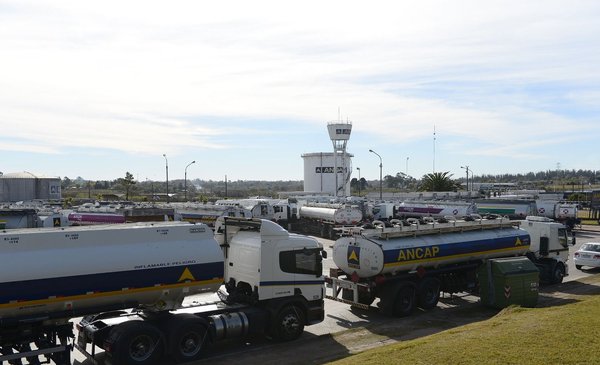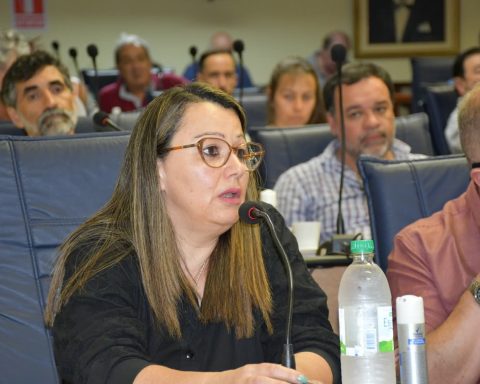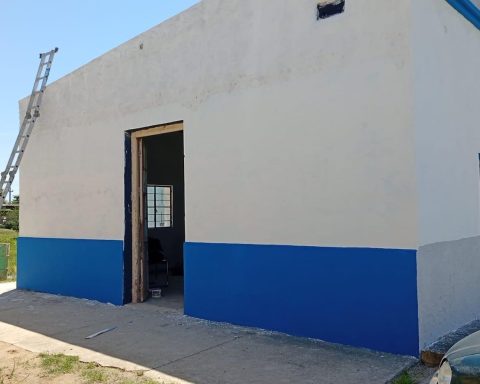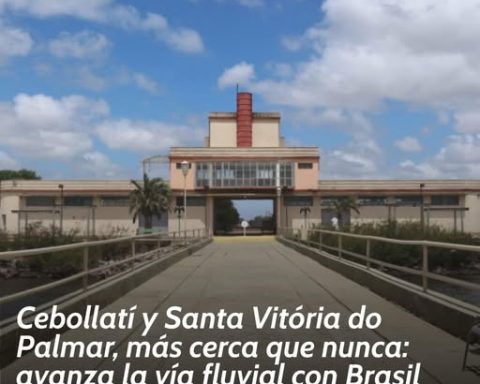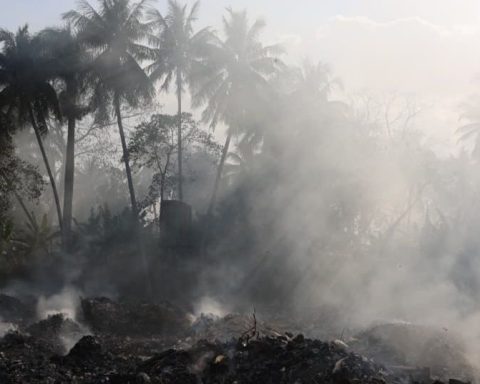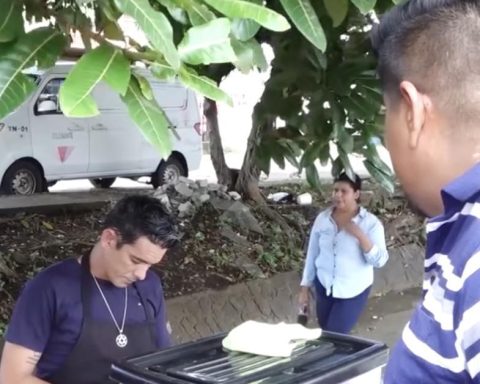The Supreme Court of Justice (SCJ) determined that the rate charged by the Municipality of Montevideo to Ancap by fuel circulation by the capital is unconstitutional.
This is indicated by the ruling of the SCJ to which he agreed The Observer and which establishes: “The claim of unconstitutionality promoted by way of action is accepted and, on its merit, be declared unconstitutional and hence, The rule in question is inapplicable to the plaintiffwith the temporary effects from the configuration of the legal injury”.
The decision, unanimous in the vote but discordant in the grounds, is dated June 8.
The case
He Ancap Board entrusted Ducsa (the main distributor of the state oil company) to file an appeal for unconstitutionality at the end of 2021 upon understanding that the fee charged by the mayor –known as the rate of flammables– operated as a tax.
“The departmental government does not have the power to create it in accordance with article 297 of the Constitution of the Republic,” the plaintiffs stated in the appeal filed. This means that departmental governments have the power to apply rates but not create taxes.
The mayor’s office understood that the fee charged for the circulation of flammables through the department was just that: a fee.
As reported The Observer In November of last year, the municipality charges Ancap a rate every month that is proportional to the number of liters of fuel that the trucks of the distributors transport through the streets of the capital.
This rate implies, in the price of diesel, 22 cents per liter and in the case of super gasoline it is 26 cents per liter.
“We argue that this is not a rate, and therefore it is a tax that has no constitutional support”had explained to The Observer the lawyer and ex-secretary of the Presidency, Leonardo Costa, whose firm Brum Costa represented Ducsa. The central axis of the legal attack consists in the fact that there is no “consideration” in services for the amount charged, while for this rate a monthly control of “the security and circulation conditions” of the vehicles should correspond to the IM. Vehicles that transport flammable products.
Ancap then stated that it was “a load that he carries on his backpack” and that it is US$ 12 million that are paid for this concept each year, according to its vice president Diego Durand.
